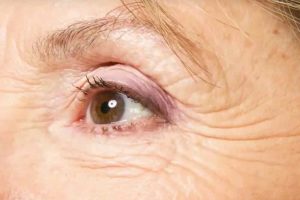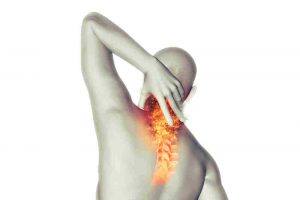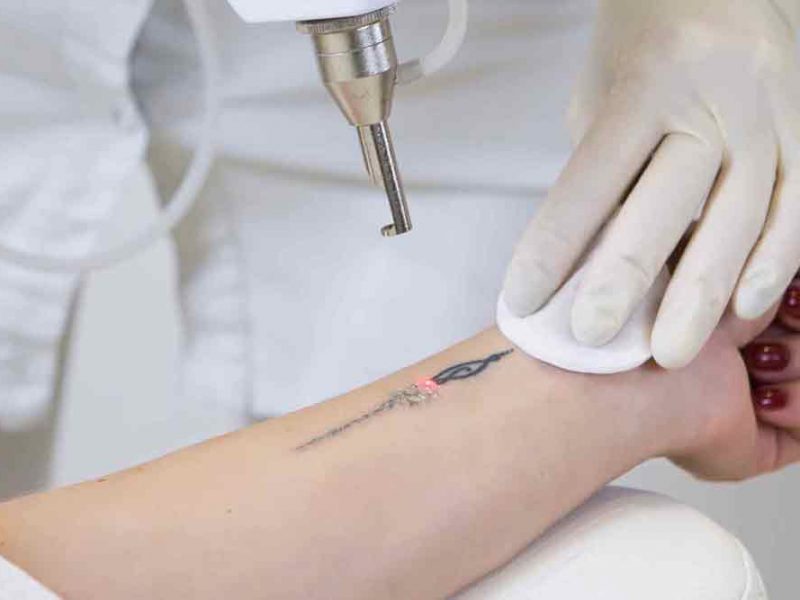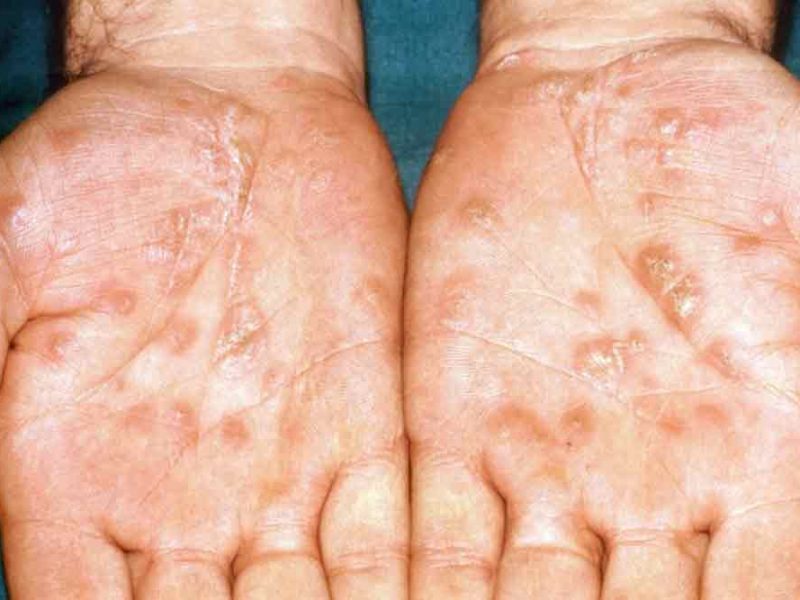Acute neck pain treatment

Before knowing acute neck pain treatment you must also know most episodes of acute neck pain are due to a muscle strain and other soft tissue sprain (ligaments, tendons). This type of injury could be the result of a sudden force (such as whiplash) caused by a car accident, or from straining the neck (such as a stiff neck from sleeping in the wrong position, or perhaps a strain from carrying huge suitcase).
Most minor injuries to the ligaments, tendons and muscles in the neck usually heal as time passes (a few days or weeks) because these soft tissues have an excellent blood supply to create the required nutrients and proteins for healing to take place. Nonsurgical care, such as for instance ice and/or heat, medications, physical therapy, and/or chiropractic or osteopathic manipulations can help alleviate the painful condition whilst it is healing. Read the entire content to know about acute neck pain and stiffness, acute neck and shoulder pain and also about acute neck pain relief.
Acute neck pain relief
An excellent posture may help. Check your sitting position at the job or at the computer isn’t poor. It is important to ensure that your face isn’t flexed forward and also your back isn’t stooped if you are sitting and working. You should ensure you sit upright. Yoga, Pilates and the Alexander Technique all improve neck posture but their value in treating neck pain is uncertain. A firm supporting pillow seems to simply help some individuals when sleeping. Do not use multiple pillow.
Various treatments may be advised with a physiotherapist. These generally include traction, heat, cold, manipulation, etc. The worthiness of each one of these treatments is uncertain, as the results of research studies looking of which treatments work best may be conflicting.
Acute neck and shoulder pain
The most typical reason behind shoulder pain and neck pain is injury to the soft tissues, including the muscles, tendons, and ligaments within these structures. This can occur from whiplash and other injury to these areas. Degenerative arthritis of the spine in the neck (cervical spine) can pinch nerves that may cause acute neck pain and stiffness.
Degenerative disc disease in the neck (cervical spondylosis) can cause local neck pain or radiating pain from disc herniation, causing pinching of nerves (cervical radiculopathy). Abnormal conditions concerning the spinal cord, heart, lungs, and some abdominal organs also can cause neck and shoulder pain. Here are a few examples:
Broken collarbone: Falling on your outstretched arm can cause your collarbone to break. This is very common when cyclers fall off of their bicycles.
Bursitis: A bursa is a sac over the joints to provide a support to the joints and muscles. These bursae can become swollen, stiff, and painful after injuries.
Heart attacks: Although the problem is one’s heart, heart attacks can cause shoulder or neck pain, called “referred” pain.
Broken shoulder blade: An injury to the shoulder blade usually is associated with relatively forceful trauma. Its better to do acute neck pain treatment in the early stages itself so that you can remove the risk early.














